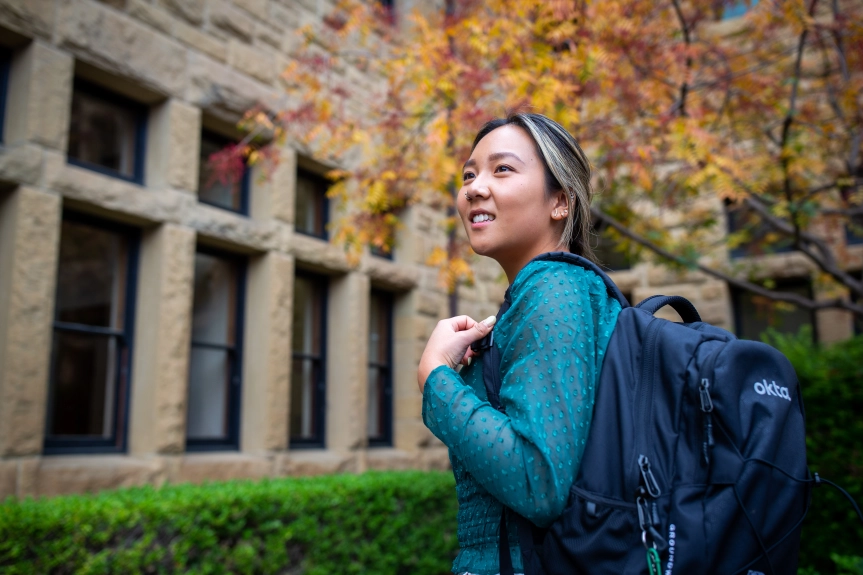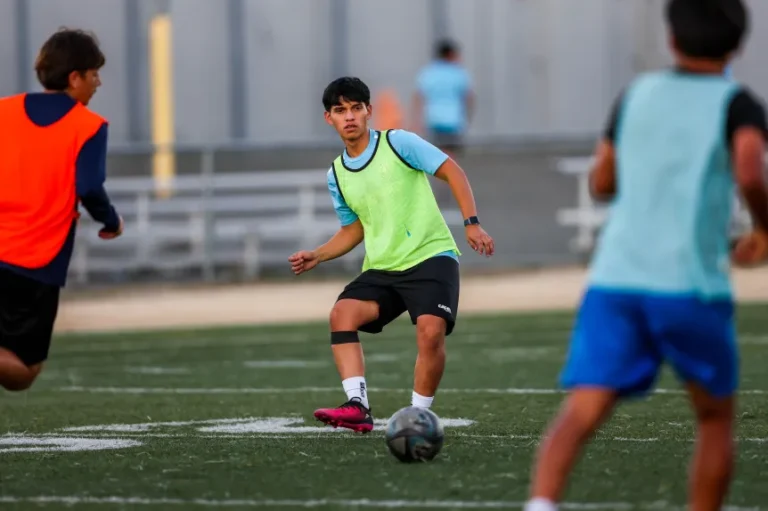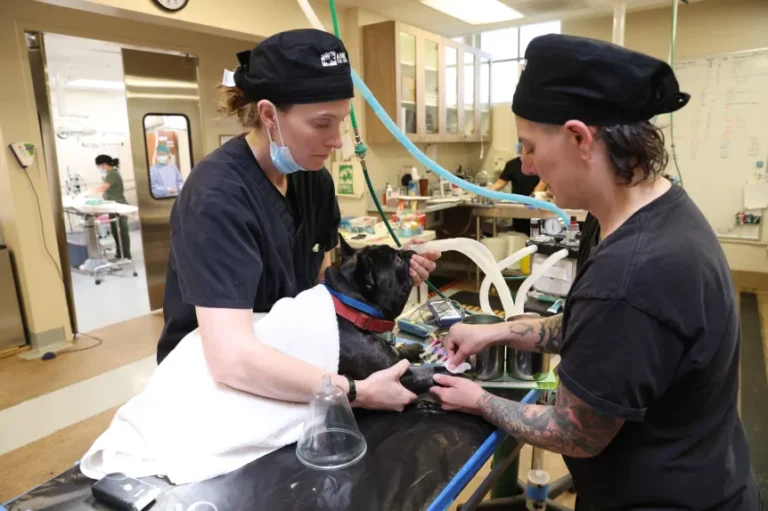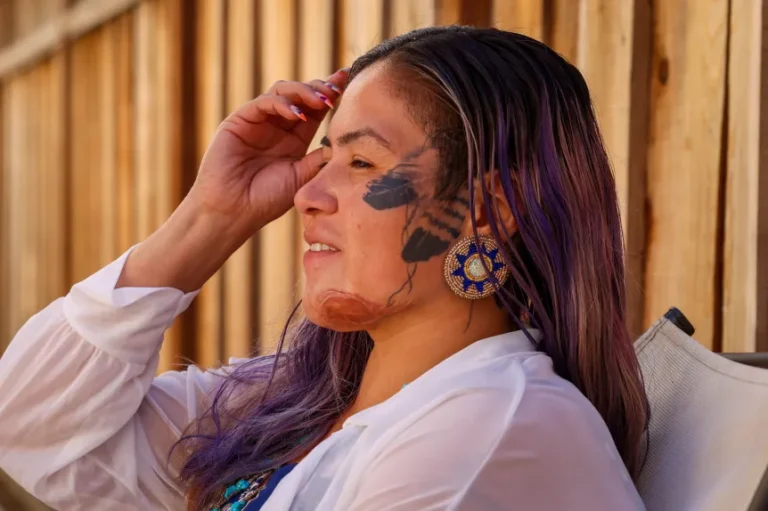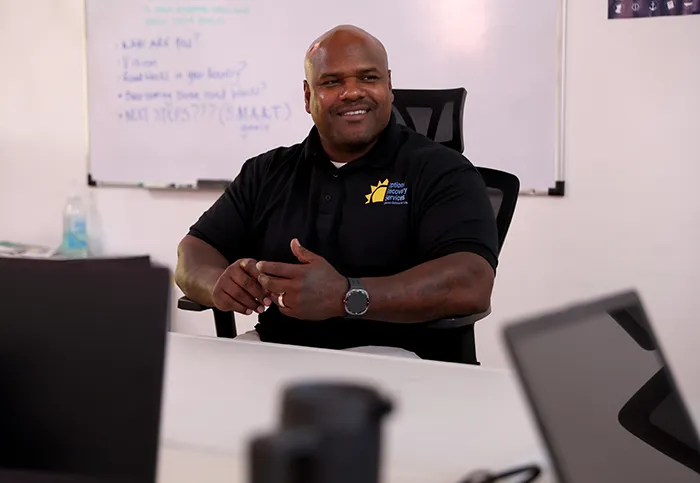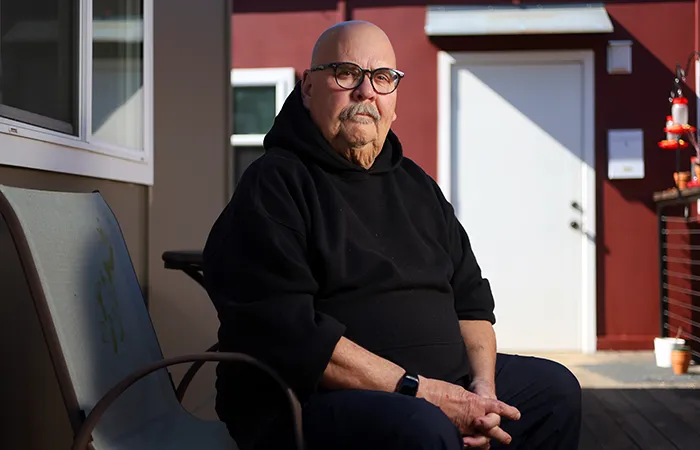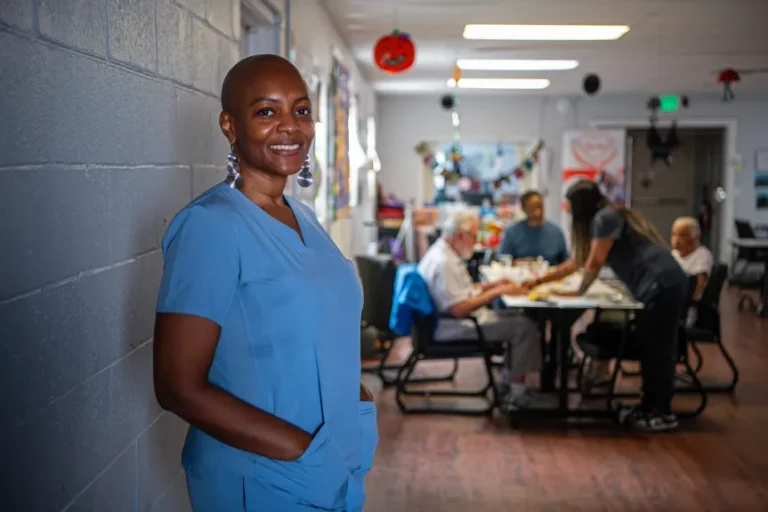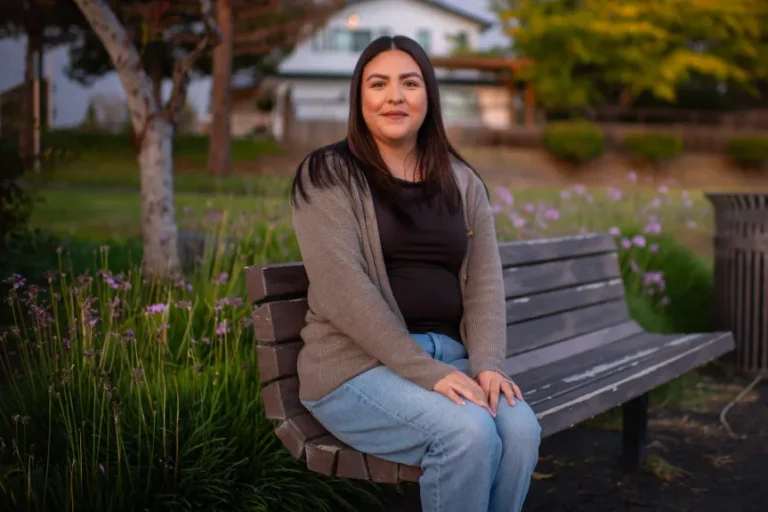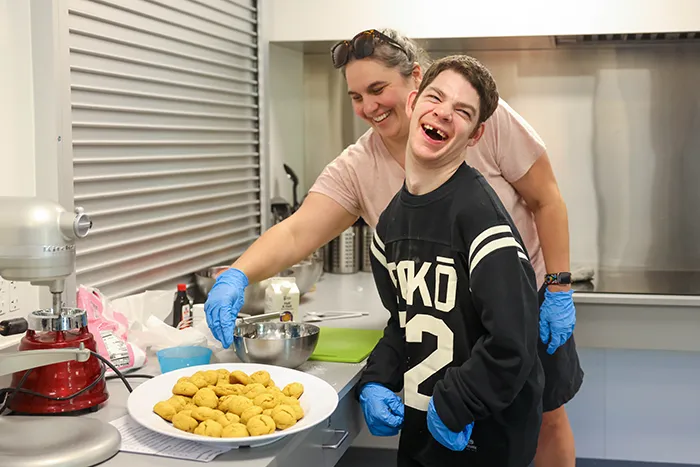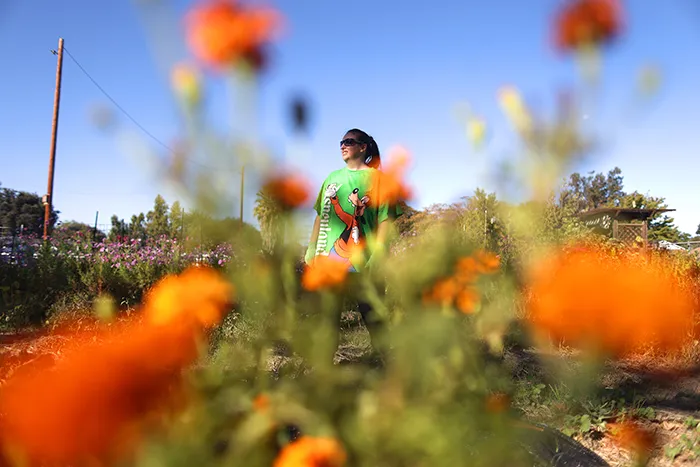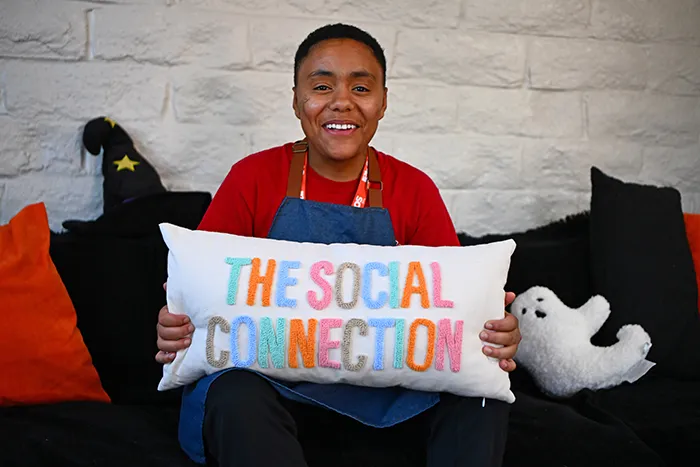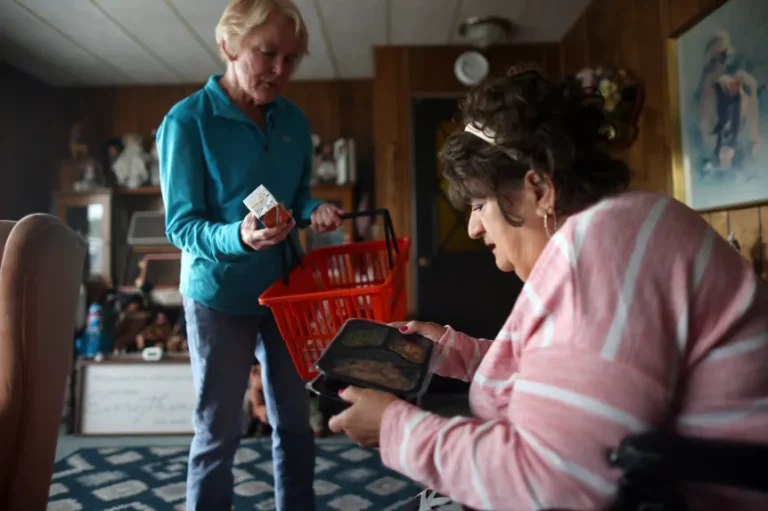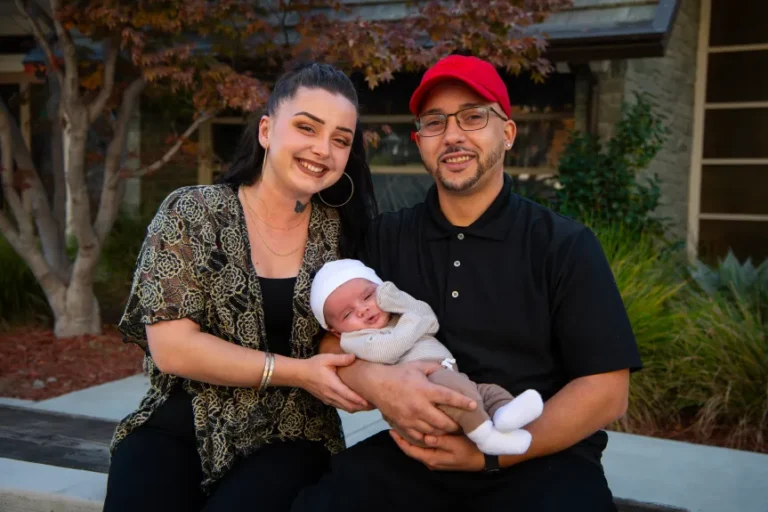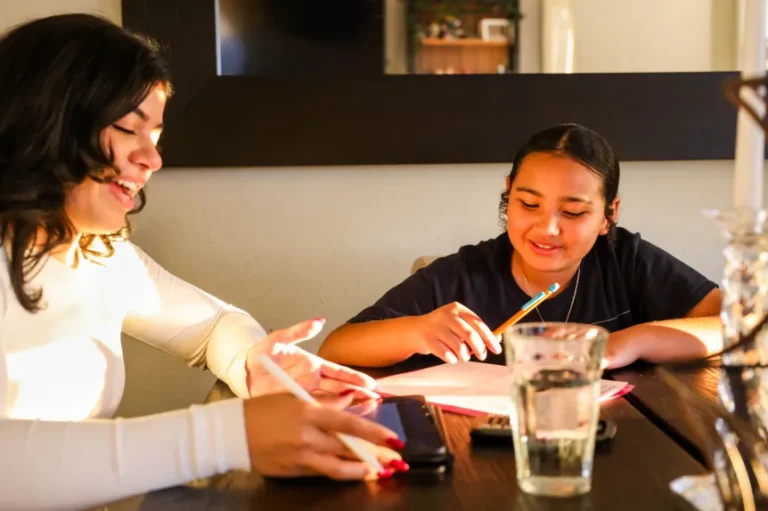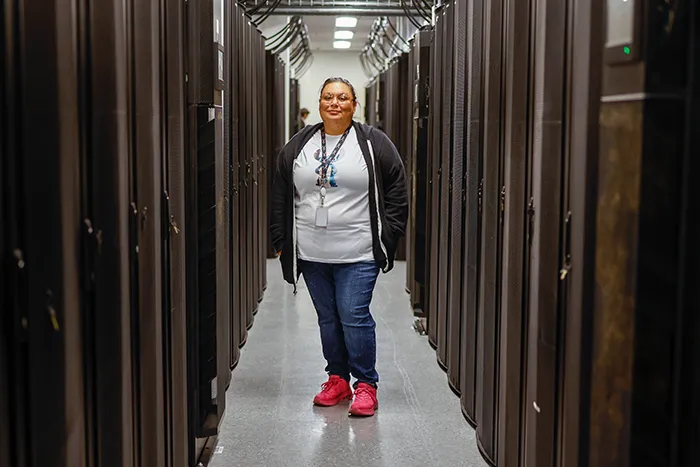Jessica Mi is 21 years old, has an undergraduate degree from Stanford University, and can boast that she’s now working on securing a master’s degree from that elite institution.
Not so long ago, Mi was struggling to find her footing after her life was upended and she and her sister were placed in foster care. She was moving between foster homes in Castro Valley and Hayward. Then, when she was 17, Mi was living on her own while navigating her final year at Castro Valley High School.
But support was out there. Mi knew it and got it.
Mi turned to Beyond Emancipation, known as “B.E.” to those who have benefited from the Oakland nonprofit. It assists youth who have come from the foster-care or probation systems as they move into adulthood and independent living.
Some help that Mi got from the organization was basic: It paid for her textbooks at Stanford. It gave her money to fuel her car. But she also got life coaching and emotional support as she grew from a teenager to an adult — and moved from Castro Valley and began studying on the leafy grounds of the Stanford campus.
“These were the kind of expenses and support that most students would get from their parents if they were living in a normal family situation,” Mi said. “For me, ‘B.E.’ was able to offer that support. It was a huge help.”

Beyond Emancipation is a provider for youth aging out of foster care in Alameda County. It will receive funding this year from Share the Spirit, an annual holiday campaign from the Bay Area News Group that helps residents in need in the East Bay. Donations to the program will help support 56 nonprofit agencies in Contra Costa and Alameda counties.
In Alameda County between 300 and 400 young people leave foster care annually, according to Beyond Emancipation’s website. There are success stories, to be sure, but many people also struggle to make it on their own without ongoing support. According to the 2021 CalYOUTH study by Chapin Hall, statewide one in four youth between the ages of 21 and 23 experience homelessness after transitioning from foster care, and almost half of former foster youth ages 23 and 24 reported that they they do not have money to pay rent or utility bills, compared with less than one-quarter of their peers.
Mi ended up in foster care because of the cruelest of circumstances.
Her father, Feng Mi, shot and killed her mother, 45-year-old Yunyi Zhang, in their Castro Valley home in March 2014. Feng Mi, then 45, was sentenced to 25 years to life in state prison for the fatal shooting in June 2018. He pleaded no contest to the slaying.
According to news reports after the shooting, deputies with the Alameda County Sheriff’s Office had visited the couple’s home multiple times after reports of domestic violence.
“I grew up around a lot of domestic violence,” Jessica Mi said. “But I never thought it would get so bad.”
Last year, 507 people took part in Beyond Emancipation’s programs, Executive Director Vanetta Johnson said.
“This is why we exist,” Johnson said, “To help people in difficult times.”
Last year, 56 young people resided in housing through B.E., and 273 received education and employment support — with 32 of them graduating from high school or college, she said.
Mi was determined to succeed, despite being on her own.
After living in foster homes in Castro Valley and Hayward, she got a stipend to live independently in a transitional apartment as a teenager, money that would pay her rent while she attended Castro Valley High. It was part of Alameda County’s transitional housing placement program for foster youth.
Mi got more personal help, too.
Keeping an eye out for her was Steven Hendee, assistant principal at Castro Valley High, who was then her high school music teacher. Also making sure Mi had support was Mark Sand, a coach with East Bay Aquatics, a swim club in Hayward, where she was a swimmer at the time of the shooting.
Both men encouraged her to make sure she met the requirements for college admission at Stanford, she said. She graduated high school with a GPA higher than 4.0.

“I cannot thank them enough,” she said. “When you are in a difficult situation, and you are young, and to have adults truly care for you when nobody else will, it can make all the difference.”
Mi’s degree from Stanford is in “Earth Systems,” part of its environmental studies program. She is now working toward a master’s degree in the same subject. After her master’s she hopes to pursue a career in corporate sustainability or environmental consulting, but long term she is considering going to law school to become a lawyer for foster youth.
“I’m doing OK. I’m a thriving, independent person. I hope that’s what people will take away from this. That in the end, I have learned and grown from the hardships I’ve been through and I am moving forward,” Mi said. “Now, I want to help improve the foster care system and advocate for kids that are in difficult situations.”
